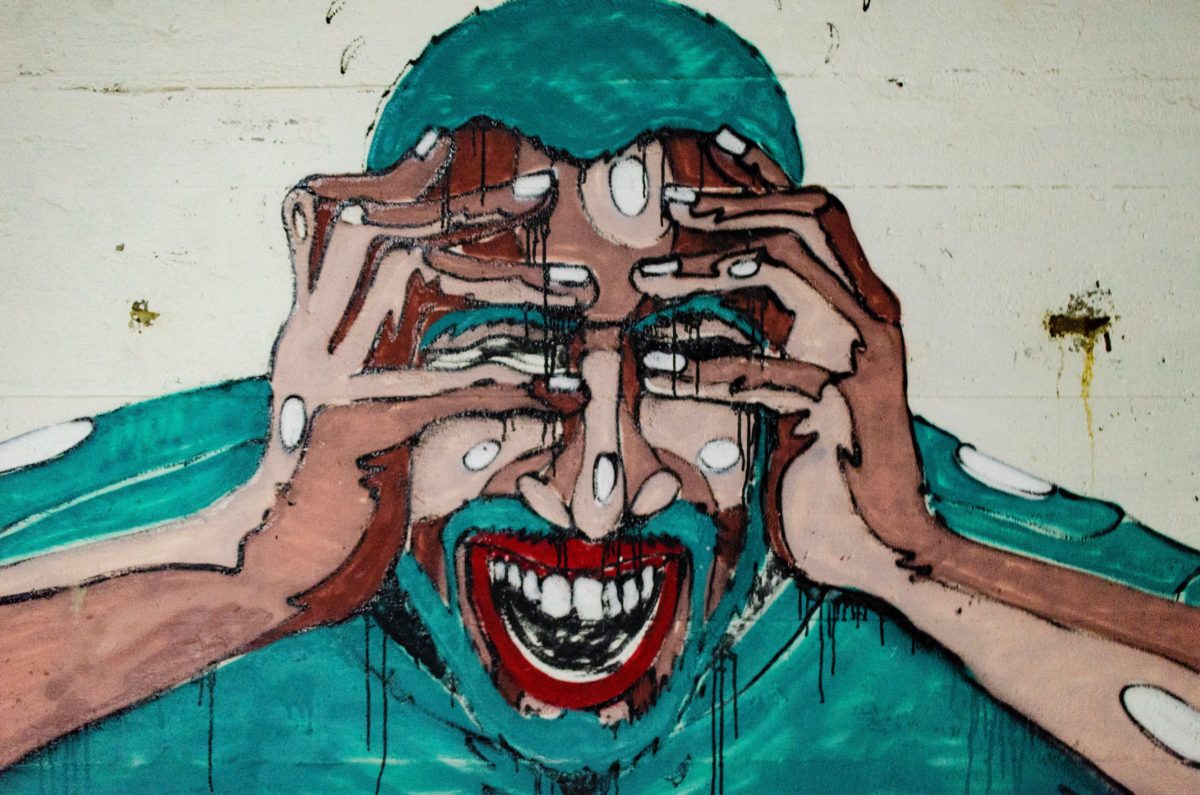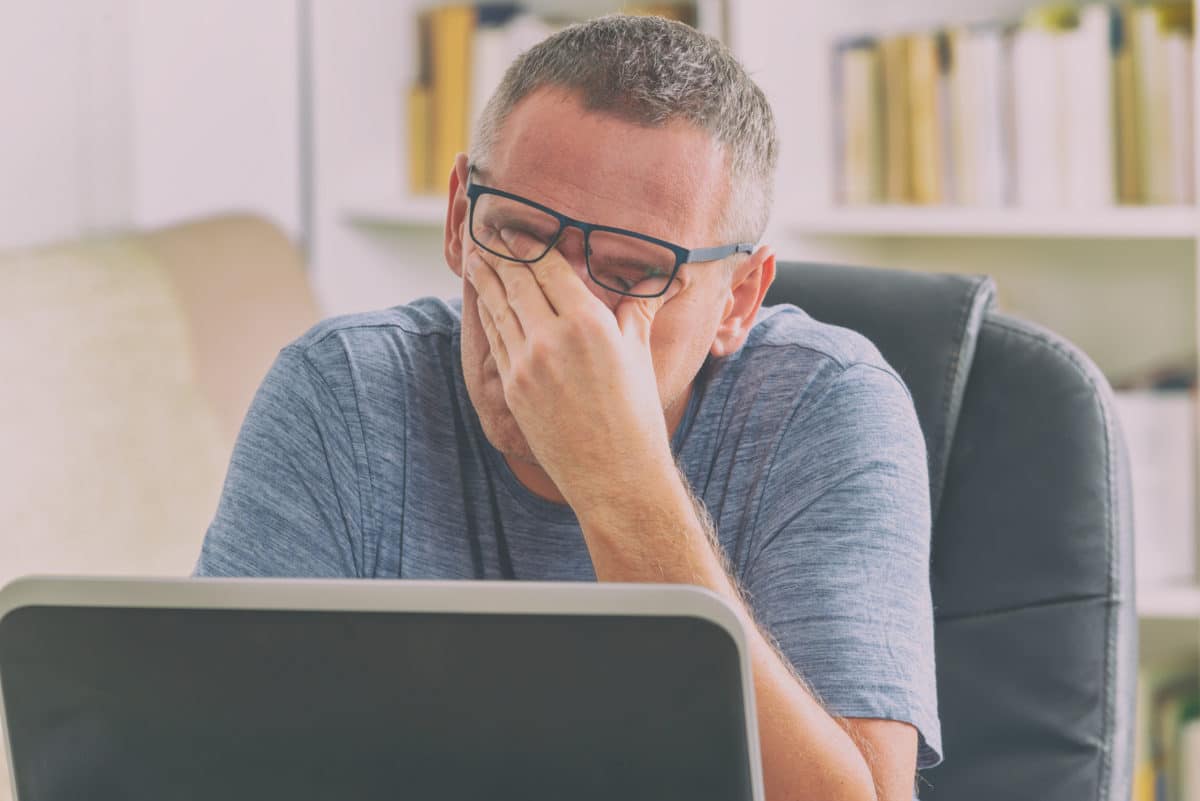Your morning alarm blares from the night stand next to as you scramble to turn it off. It’s the beginning of a new day and immediately your mind races with thoughts of meetings, deadlines, and “to-dos”. Notifications from Twitter, Facebook, and your E-mail come flooding in only to add to your tension.
It’s only 6am and you’re overwhelmed…sound familiar?
For many people, this routine is normal.
Thanks to technology and our inability to disconnect, it feels like there’s no break from stress. We’ve come to accept stress as
part of our culture. In fact, some people wear it like a badge of pride because stressed out people are successful, hard-working people-right?
Maybe. But, you don’t have to let stress lead you down the path to exhaustion and mental burnout in order to be successful. Even though stress might seem harmless, it can have a big impact on your health and wellness.
Some stress is good stress.
Stress has been a part of life since the dawn of time-literally! Our human ancestors developed the fight-or-flight response for safety. They used it to escape danger or fight off predators. It was, as the name suggested, associated with survival situations where you could fight or flight.
We all still have the fight or flight response. It’s part of what keeps us safe from dangers even today. It’s through the release of stress hormones such as cortisol and adrenaline, the ‘fight or flight’ response has rapid effects on multiple bodily systems. Increased heart rate, blood pressure, muscle tension, sweat, and loss of focus are just a few physical symptoms.
These symptoms are usually temporary and sometimes essential for our wellbeing. What if you accidentally walked into a cross walk and a car zoomed by? You might experience all of the physical symptoms because of the hormone release, but you jumped back (without thinking) because of your flight-or-fight response. This type of temporary stress is normal and is not considered an illness.
How much stress is too much?
When your stress response becomes prolonged (or chronic), it has a much different effect on your body. Consequently, long-term stress can negatively impact your physical and mental health. Chronic stress has been linked to increased heart rate, high blood pressure,forgetfulness, weight gain, and a variety of other negative conditions. Unfortunately, people who experience long-term stress are more likely to experience increased anxiety and depression. Stress can impact the way you deal with emotions and behaviors.
PTSD and Stress
Post Traumatic Stress Disorder (PTSD) is an anxiety disorder that can occur in people who’ve experience a traumatic event. PTSD can cause stress, anxiety, and the build up of many other physical and mental health conditions.
One small exposure to trauma can lead to PTSD.
Something that might seem like a “small trauma” to one person could lead to PTSD in another. This is why it’s essential to receive a personal evaluation so you can get on the road to wellness.
Dr. Madaram is here to help you navigate life’s challenges. He takes a holistic approach to healing that will help you manage stress in your life. Call today!











